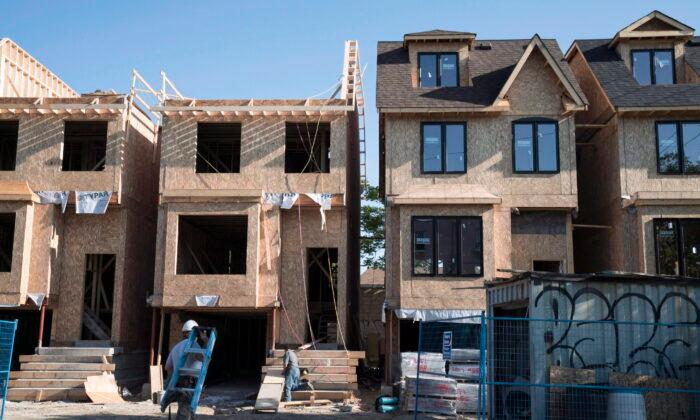A Quebec court has denied McGill University’s request for an injunction to remove the pro-Palestinian encampment that has been in place on its downtown Montreal campus for nearly a month.
Quebec Superior Court Justice Marc St-Pierre ruled this week that the school failed to prove the situation at the encampment was urgent enough to justify such an order. He suggested McGill modify its request and re-file it with the court by May 25.
McGill lawyer Jacques Darche told the court earlier this week that the encampment, which has been in place since April 27, presents a health and safety risk and is preventing McGill from holding convocation ceremonies on its property.
He said the protesters have become “occupiers” living in a fortified and barricaded mini-village, and that McGill can’t fulfil its responsibility to ensure safety on campus because its representatives aren’t allowed inside. The university was requesting the court authorize Montreal police to assist the school in removing the encampment located on McGill’s lower field.
Justice St-Pierre struck down that argument.
The university “cannot point to any serious claim or violent incident since the erection of the first tents on the campus,” he wrote in his six-page decision, adding that “even a confrontation with counter-demonstrators on May 2... took place peacefully.”
The judge said the university’s need for an injunction to start work for the spring convocation was not justified because of the school’s “wise decision to relocate the event.”
The ruling also noted the conflicting rights in the case that pits protesters’ freedom of expression rights against the university’s property rights. He said debate on the topic is necessary to determine if “peaceful occupation” falls under freedom of expression rights and if that trumps the rights of a property owner.
Reactions
McGill issued a statement expressing its disappointment in the ruling.“Due to rising tensions and safety, security, and public health concerns, and having exhausted all operational protocols available, the university sought a provisional injunction, which would recognize McGill’s property rights and the urgency of the matter,” the university said in an emailed statement.
The school noted that the encampment had been declared unlawful by a judge who found earlier this month that the protesters were illegally occupying the premises, even as that judge also declined a different injunction request from two students who argued the encampment created an environment of aggression and left them feeling unsafe.
Human rights group B'nai Brith Canada said it too is disappointed by the judge’s decision and expressed concern the ruling could set a precedent for allowing unauthorized encampments.
“They have shown themselves to be sources of intimidation, incitement, and contrary to Canadian values. We remain committed to doing everything in our power to defend our students and take back our campuses.”





